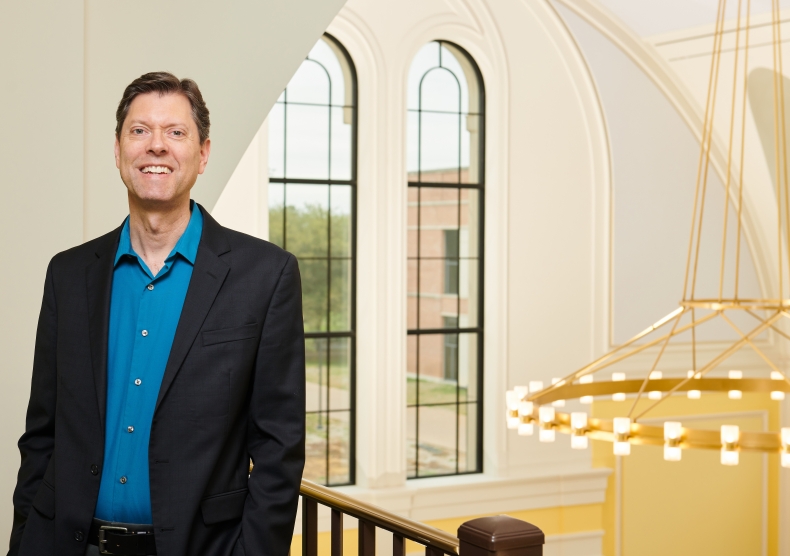Biography
Earning widespread notice for his richly colored and superbly crafted scores, American composer Pierre Jalbert has developed a musical language that is engaging, expressive, and “immediately captures one’s attention with its strong gesture and vitality” (American Academy of Arts and Letters). Among his many honors are the Rome Prize, the BBC Masterprize, a Guggenheim Fellowship, the Fromm Foundation commission, an Academy award from the American Academy of Arts and Letters, and the Chamber Music Society of Lincoln Center's Stoeger Award, given biennially “in recognition of significant contributions to the chamber music repertory.”
Jalbert has drawn inspiration from a variety of sources, from plainchant melodies to the natural world, as well as his French-Canadian ancestry. Performances include those by the Boston Symphony, the National Symphony, the London Symphony, and the Emerson String Quartet. He has served as Composer-in-Residence with the Los Angeles Chamber Orchestra, the California Symphony under Barry Jekowsky, and Music in the Loft in Chicago. Hailed as “an acknowledged chamber-music master” by The New Yorker, his chamber music has been commissioned and performed by the Ying, Borromeo, Maia, Enso, Chiara, Del Sol, Jupiter, and Dover Quartets, violinist Midori, and the Music from Copland House ensemble, among others. Recent album releases include his Violin Concerto (2019), String Theory (2021), Air in Motion (2022), and Terra Incognita (String Quartet No. 5) (2023), which features the Escher String Quartet.
Jalbert is Professor of Composition at Rice University's Shepherd School of Music in Houston, where he has taught since 1996. He is co-founder of Musiqa, a Houston-based new music collective, and his music is published by Schott Music. His teaching specialties include Composition, Orchestration, and Score Reading.

